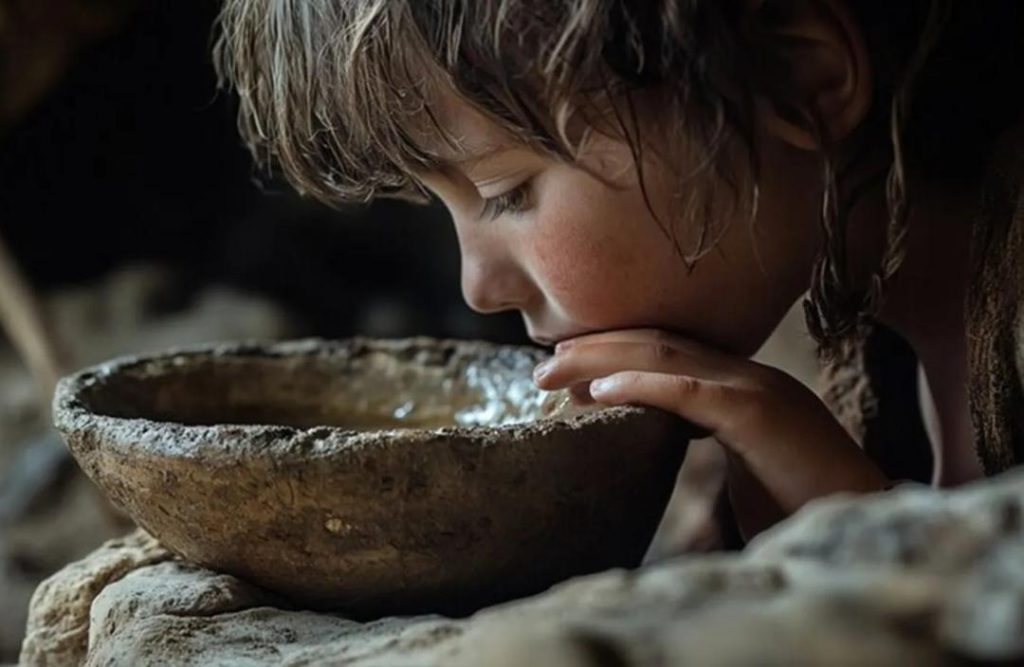
What Happens to the Body when Children Accidentally Ingest Mud?
As a parent, it’s not uncommon to worry about the well-being of your child, especially when they accidentally ingest something they shouldn’t. One such common concern is when children ingest mud, whether it’s while playing in the backyard, exploring a new outdoor environment, or simply getting dirty in the sandbox. But what exactly happens to the body when this occurs? And is it a cause for concern?
To better understand the consequences of mud ingestion in children, we spoke with Dr. Srinivasa Murthy, a paediatrician at Bengaluru’s Aster Whitefield Hospital. According to Dr. Murthy, the consequences of mud ingestion by children can range from mild to more serious problems, depending on soil contamination.
Mild Consequences
In most cases, when children accidentally ingest small amounts of mud, the consequences are relatively mild. Vomiting and diarrhoea are common symptoms that may occur as the body tries to eliminate the foreign substance. In some instances, the child may experience stomach cramps, nausea, and even a mild fever. These symptoms are usually self-limiting, meaning they resolve on their own without treatment.
Serious Consequences
However, in cases where the soil is contaminated with heavy metals, pesticides, or other toxic substances, the consequences can be more serious. Gastrointestinal infections, such as Salmonella or E. coli, can occur if the mud contains bacteria. In rare cases, the ingestion of contaminated mud can lead to more severe conditions, such as gastroenteritis, which can cause dehydration, electrolyte imbalances, and even hospitalization.
The Hygiene Hypothesis
Interestingly, research suggests that natural soil exposure may also have beneficial effects on a child’s immune system. The concept known as the Hygiene Hypothesis proposes that exposure to certain microorganisms in soil can actually boost a child’s immune system, making them less susceptible to diseases. This is because the immune system is programmed to respond to specific microorganisms, and exposure to beneficial microbes in soil can help strengthen the immune system.
Prevention and Treatment
While it’s not possible to completely eliminate the risk of mud ingestion in children, there are steps parents can take to minimize the risk. Children should be supervised while playing outdoors, and parents should ensure that children wash their hands thoroughly after playing in dirt or mud. If a child does ingest mud, it’s essential to monitor their symptoms and seek medical attention if they worsen or persist.
In the event of a mud ingestion, treatment typically involves supportive care, such as hydration and electrolyte replacement. In cases where contamination is suspected, antibiotics may be prescribed to treat bacterial infections.
Conclusion
In conclusion, while accidental mud ingestion in children can have both mild and serious consequences, it’s essential for parents to be aware of the risks and take steps to minimize them. By understanding the potential consequences and taking preventive measures, parents can help ensure their child’s health and well-being. Remember, while a little dirt never hurt anyone, it’s always better to err on the side of caution when it comes to your child’s health.






